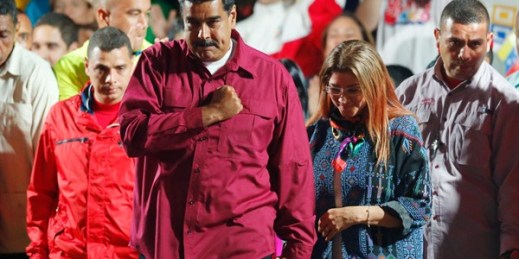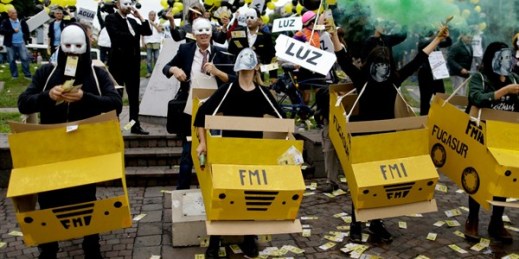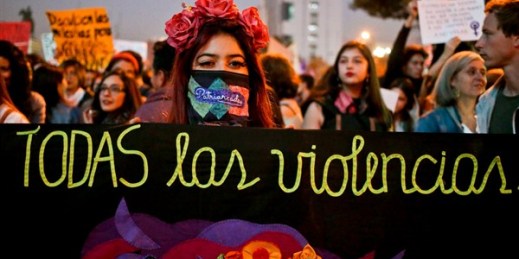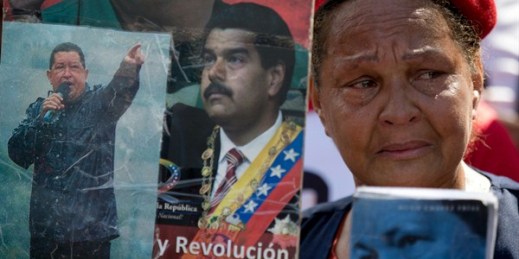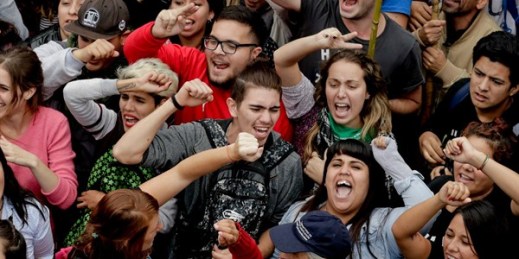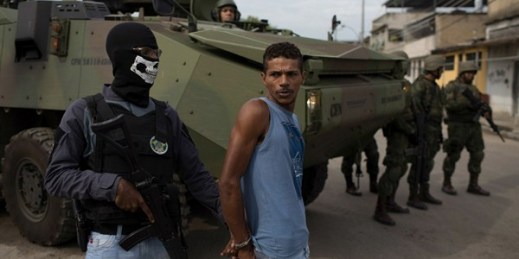
Thieves mugged tourists in front of their swanky, beachfront hotels. Gang members traded gunfire with police, sending partygoers into a panic. A police officer was assaulted by multiple people right outside his home. This year’s celebrations for Carnival, which marks the beginning of Lent in the Christian calendar, brought global attention to mounting insecurity in Rio de Janeiro, Brazil’s iconic coastal city that boasts a population of around 6 million. Fogo Cruzado, or Cross Fire, an app created by Amnesty International Brazil to monitor crime in Rio, recorded 24 deaths by guns during the seven-day period, as well as a […]

